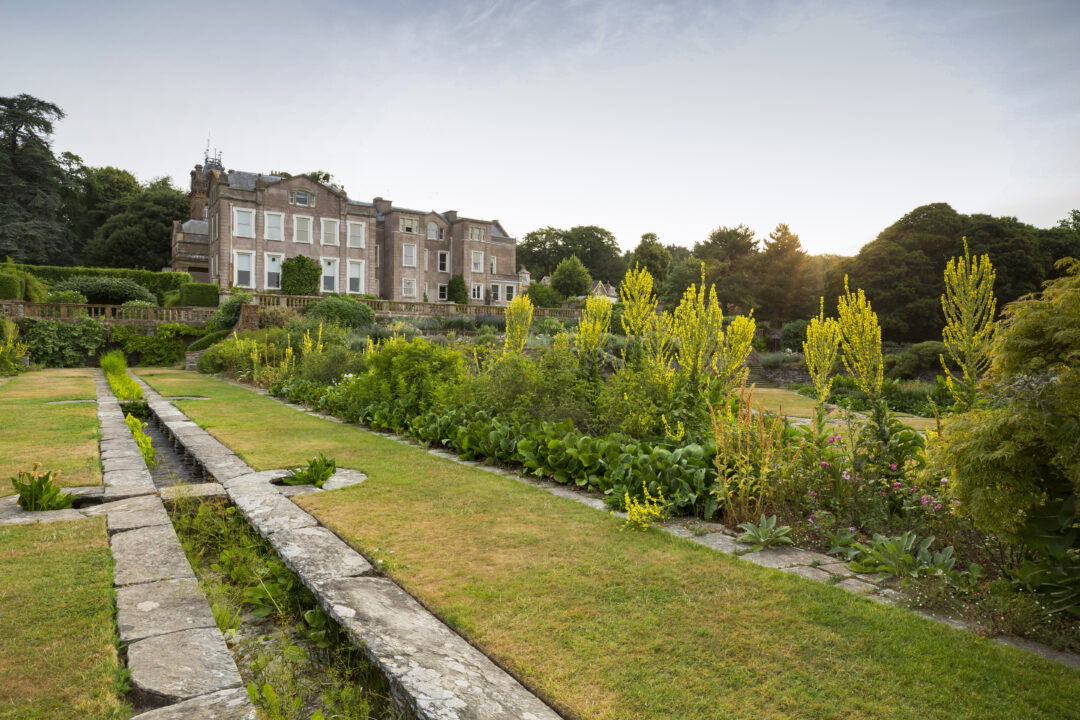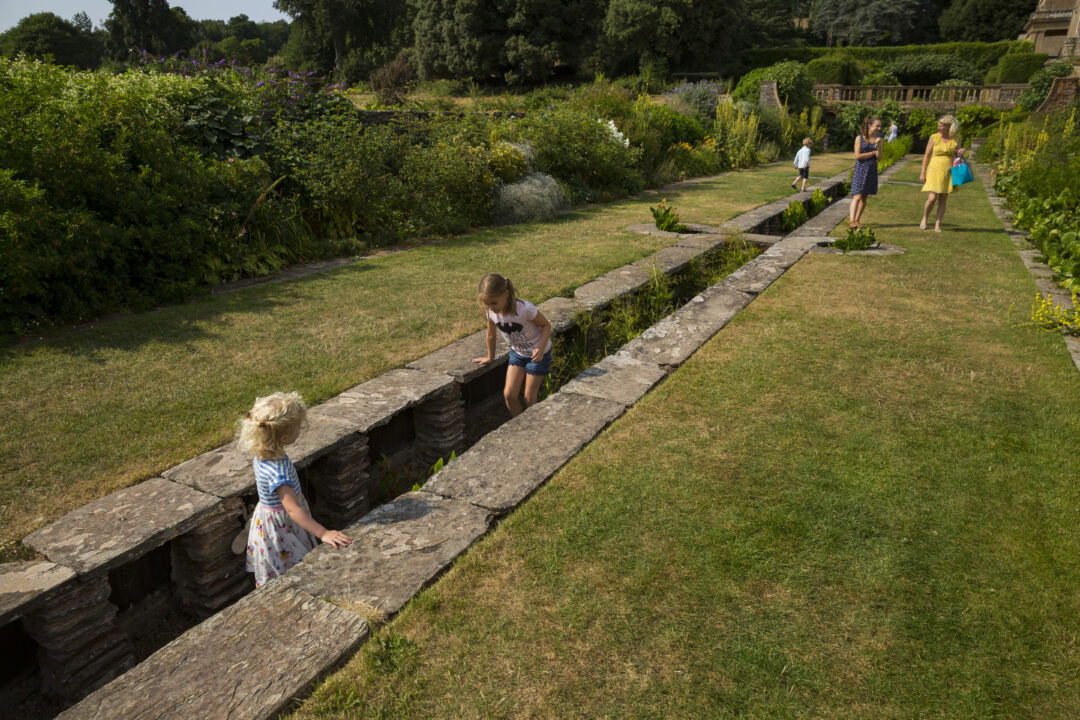Notice
Hestercombe will be closed all day on Tuesday, December 16th, while the National Grid completes local high-voltage work across the estate. Sorry for any inconvenience this may cause.
Head Gardener, Claire Greenslade, shares tips on how we’re saving water at Hestercombe
Hestercombe will be closed all day on Tuesday, December 16th, while the National Grid completes local high-voltage work across the estate. Sorry for any inconvenience this may cause.
As you can imagine in the high temperatures we’ve experienced recently the gardens are beginning to suffer from heat exhaustion - just like the rest of us!
At Hestercombe we are very conscious of our water consumption and use. We recognise that water is such a valuable commodity and must be treated with respect. We choose wisely what to water and when. The garden team are often at work by 6am, or here after hours in the summer to do watering. Watering when the temperatures are cooler helps to lessen the effect of evaporation and so less water is wasted.
When new plants are put in the ground they are given a really good drink until their roots have established and they have the means to support themselves. Bedding plants have to be thoroughly watered as they don't have a big root system. To be as efficient as possible with watering it is best not to use hoses and sprinklers but instead to fill watering cans and water the plants directly. This is much more difficult on a large scale and especially with annuals. Without water, annual plants tend to bolt really quickly. This means that they flower and go to seed really fast. Our main areas of annual bedding are on the Victorian terrace and in the Dutch garden, and these are the areas that you might find sprinklers on.
With climate change it is likely that we will experience these warm conditions more often. It might be that in the future we have to rethink our annual, bedding plant schemes and maybe use more perennial drought tolerant plants in the Victorian terrace. The joy of a bedding scheme is that you can change it twice a year to ensure that you have a display almost all year round. This would be much harder to achieve with perennial planting but might be an option.
For the rest of the garden the team assesses which plants look like they need a drink and water by hand on a case-by-case basis to preserve our precious resource.
We’re very lucky that Gertrude Jekyll, who designed the planting plan in 1904, really loved Mediterranean plants, so many of the plants in the garden are actually adapted to grow well in warm, dry conditions.
To save water we won't be watering the lawns. Grass is amazing at regenerating and as soon as we get some rainfall it will green back up again. This means that when you visit us you might not find lush green lawns, but we will have concentrated our efforts on keeping the plants alive instead.
Another change you might notice is a lack of water in the great cascade. The water that feeds the cascade is a natural water course that runs down from the Quantock Hills. The water is then diverted via a brick leat so that it can fall as a cascade. So, lack of water also means lack of cascade.
But, we live in the UK, so this situation won't last for long and as soon as we have had some decent rainfall it will be gushing again.
We will have many changes to consider as the climate changes and how we manage the garden will have to remain flexible so that we can adapt to these changes. So for now enjoy the summer days, enjoy the garden plants….. And please forgive our parched lawns!
Claire
Stay up-to-date by signing up to our newsletter and following us on social media.

